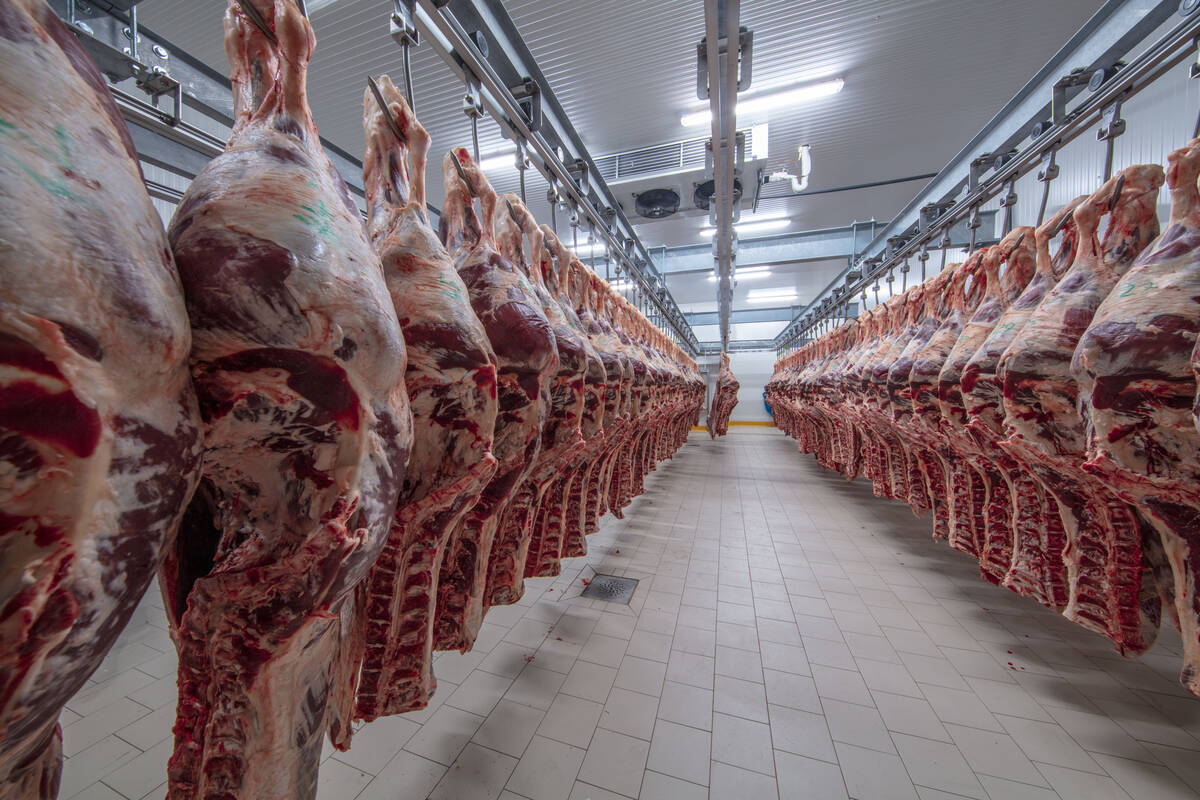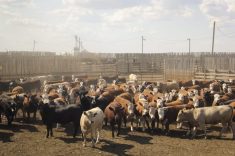CNS — ICE Futures Canada canola futures moved lower in sympathy with the weakening Chicago soy complex during the week ended July 23.
And, the canola futures market will likely remain under pressure if soybean and other oilseed futures move lower in the near term.
“Until the (Canadian canola) production is more certain, the futures may stay under pressure, but we’re going to see the basis levels stay firm,” said Jerry Klassen, manager of GAP Grains and Produits in Winnipeg.
The industry is still unsure of how big the 2014/15 (Aug/Jul) Canadian canola crop will be due to an array of production problems this growing season, including dryness in the Peace River district of Alberta and excess moisture and flooding in eastern Saskatchewan and western Manitoba.
Read Also

Argentina’s beef export revenue reaches record in 2025
Argentina’s beef export revenues hit a record $3.7 billion (C$5.0 billion) in 2025, up 22.3 per cent from the previous year, the country’s economy ministry said on Friday.
“The conditions in Western Canada here are all over the map,” Klassen said. “It’s very hard to get a handle on what kind of crop size we have.”
Statistics Canada will release its first production estimates of the year on August 21, which will help give a better picture of how many acres were lost to flooding and other problems.
Until then, canola futures will likely stay connected to the U.S. soy complex, and could continue to drift lower depending on what happens with soybeans.
We’re still in a weather market for oilseeds, so soybeans will trade dependent on what kind of growing conditions the U.S. Midwest sees heading into harvest, Klassen said.
So far, the U.S. soybean crop has been flourishing amid excellent conditions, but there are some worries about dry weather in the forecast during the key pod setting period. But, canola does have the potential to divorce from soybeans because of the fundamentals supporting the Canadian commodity, Klassen said.
He added that the Canadian canola cash market is seeing stronger basis levels because of worries about production losses and fresh interest from buyers at recent lower price levels.
“I think when we’re at these levels we’re going to see additional export demand step forward,” Klassen noted.
Terry Shiells writes for Commodity News Service Canada, a Winnipeg company specializing in grain and commodity market reporting.














